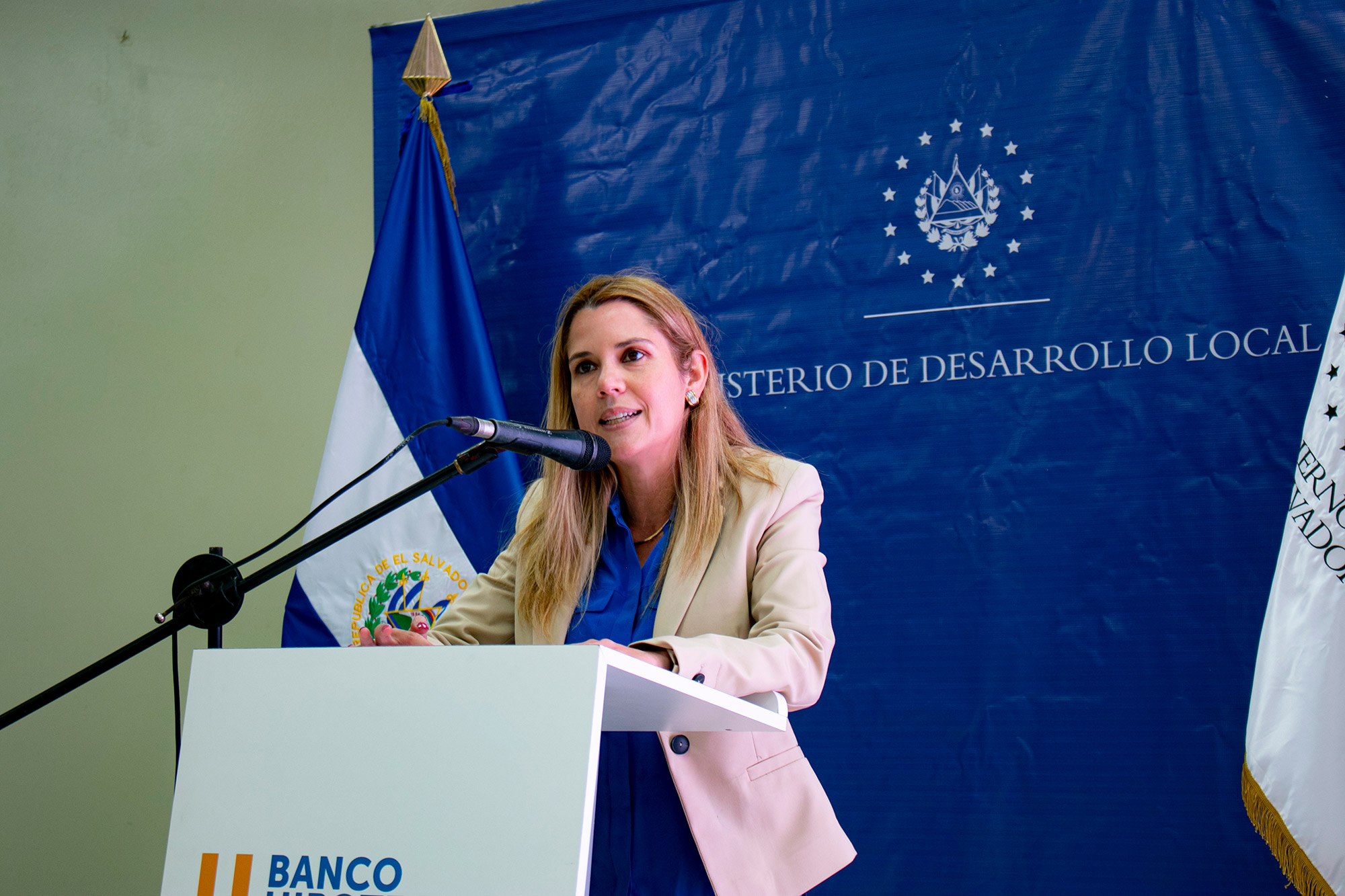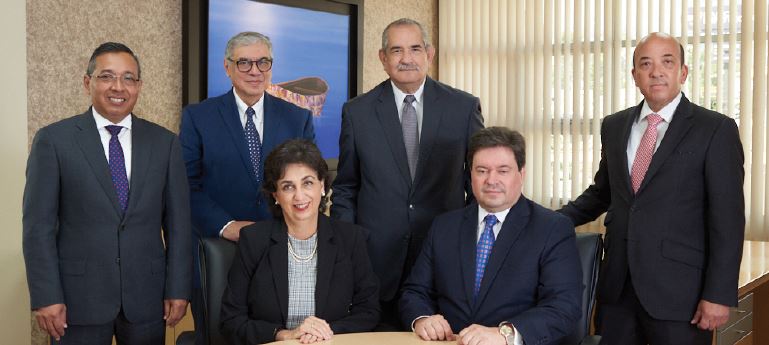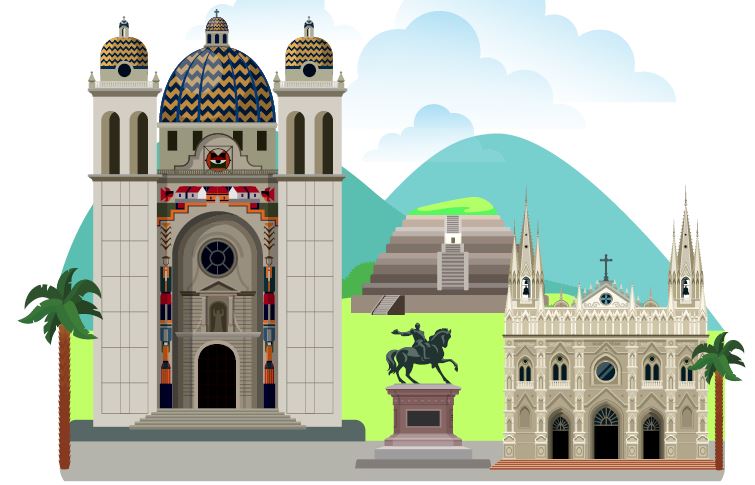[vc_row][vc_column width=”1/2″][vc_column_text]
El Salvador
The republic of El Salvador is both the smallest and most densely populated country in the Central American region. The country's economy has the distinction of being the fourth largest in the region. El Salvador has a medium Gini-coefficient of 38.0 as per the latest figures released by the World Bank. As compared to other developing countries, the GDP growth rate has been relatively low. Remittances received from Salvadorans working in the United States form a major part of foreign income. In order to improve revenue collection, focus has been on indirect taxes. In the early 2000s, the country's government introduced a monetary integration plan making the U.S. dollar a legal tender alongside the Salvadoran Colón and by 2004 the circulation of the Colón was stopped and since then it has not been used in the country for any kind of transaction. The country was the first to ratify the Central America-Dominican Republic Free Trade Agreement (CAFTA) which has not only boosted exports but has also supported investment in the apparel sector which was suffering tough competition from the Asian countries. The country has signed free trade agreements with Mexico, Chile, Dominican Republic and Panama and has also increased its exports to these countries. In 2015, the country signed a five year $277 million second compact with the US government agency Millennium Challenge Corporation in order to improve the nation's competitiveness and output in the international markets. Natural disasters such as earthquakes and hurricanes, economic subsidies, and corruption have impeded the country's economy. The IMF in 2012 suspended a $750 million loan to the central government due to governmental policy of mandating large economic subsidies. Following the earthquake in 2001, the government maintained fiscal discipline but the nation's public debt has been increasing (59.3% of GDP IN 2017) over the past several years. Developing new growth sectors for a more diversified economy has been a challenge for the country.
[/vc_column_text][vc_column_text] Its population in 2018 was 6,411,558 [1]
Its population in 2018 was 6,411,558 [1]
 In 2015, 24.40% of its total energy
In 2015, 24.40% of its total energy
consumption was renewable [2]
 In 2021, its GDP grew by 10.80% [2]
In 2021, its GDP grew by 10.80% [2]
 In 2021 it had a negative Current
In 2021 it had a negative Current
Account Balance of US$bn 1.21 [3]
 Its unemployment rate in 2021 was 10.30% [3]
Its unemployment rate in 2021 was 10.30% [3]
 Its Expenditure on R&D (as a percentage of
Its Expenditure on R&D (as a percentage of
GDP) in 2019 was 0.17% [2]
What free trade areas or economic unions is it a member of?
Member of the Central America Integration System (SICA) since 13/12/1991
Other members:
Belize, Costa Rica, Dominican Republic, Guatemala, Honduras, Nicaragua, Panama
What trade deals are there between Central America Integration System and other countries and economic unions?
EU - Central America Association Agreement (from 01/08/2013)
[/vc_column_text][vc_column_text]What trade deals are there with other countries and economic unions?
Chile - El Salvador free trade agreement (from 01/06/2002)
El Salvador - Honduras - Chinese Taipei free trade agreement (from 01/03/2008)
Colombia - Northern Triangle free trade agreement (from 12/11/2009)
El Salvador - Cuba partial scope agreement (from 01/08/2012)
Mexico - Central America free trade agreement (from 01/09/2012)
El Salvador - Ecuador partial scope agreement (from 16/11/2017)
Korea, Republic of - Central America free trade agreement (from 01/10/2019)
UK - Central America association agreement (from 01/01/2021)
[/vc_column_text][/vc_column][vc_column width=”1/2″][vc_column_text]Crypto Jitters: Unhinged Stablecoins Add Volatility to an Already Unstable Market
Rescue by Helicopter Reserves
Banco Hipotecario: Betting the Bank on Inclusion and Women
AFP Confía: Communication and Transparency Vital in Drive to meet Clients’ Pension Needs
Banco Hipotecario: Vision, Dynamism and SDG-Adherence
Unity: Central American Insurance Giant Counts Its People as Assets
Ann Low, US Department of State: Combat Corruption by Enabling Tax Payment – El Salvador Case Study
Ann Low, National Defense University: Excellence in Government through User-Centric Design
Trade with the United Kingdom
Source: UK Office for National Statistics, October 2022.
Contains public sector information licensed under the Open Government Licence v3.0.
Loading, Please Wait!
This may take a second or two.






















































































